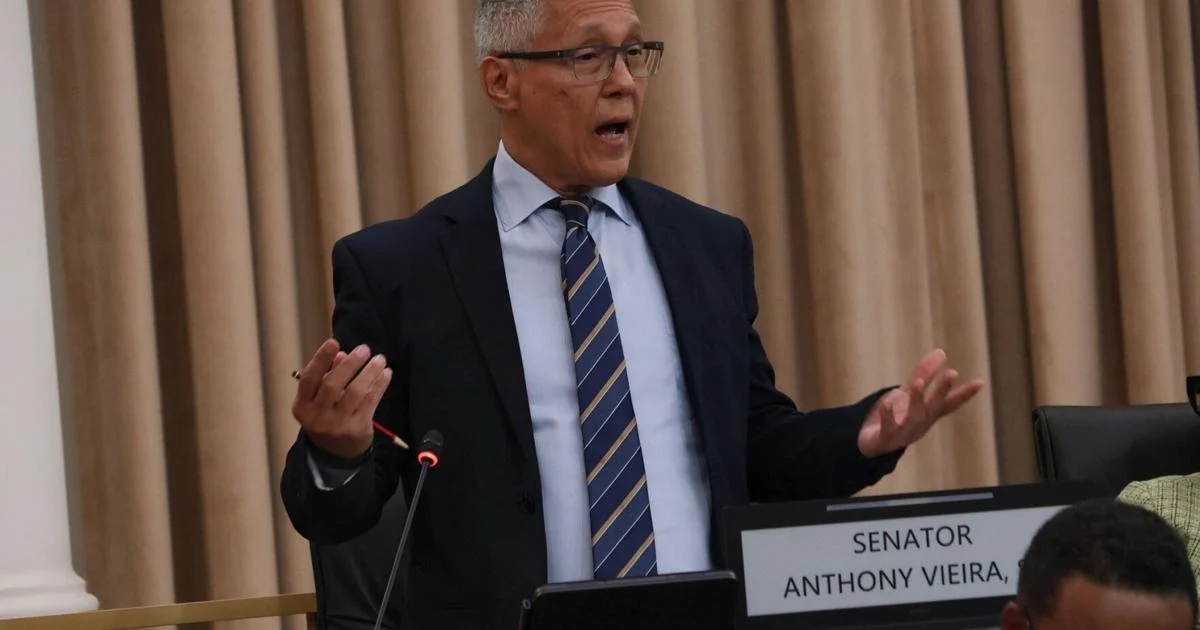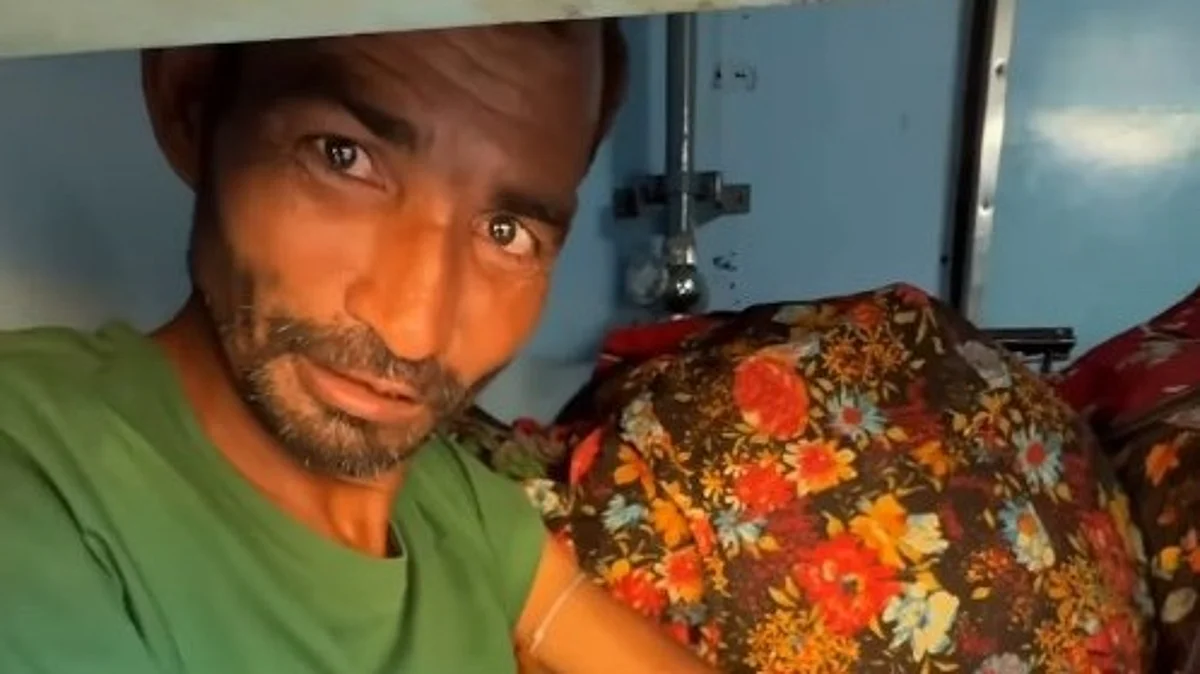Copyright trinidadexpress

Trinidad and Tobago could become one of the most expensive destinations in the region for alcohol consumption, discouraging visitors and diminishing the value of event tourism, including Carnival, festivals, and conferences, Independent Senator Anthony Vieira has warned. Vieira made the statement as he contributed to the Senate debate on five Excise Orders aimed at increasing taxes on alcohol and tobacco by 100%. “Decision-makers have to balance public health objectives with cultural, social and economic considerations, in particular, having regard to the fact that in this country’s alcohol consumption is deeply embedded in social life, in festivals, Carnival, celebrations, informal gatherings, where people have drinks,” Vieira said. “This cultural integration means that abrupt or excessive increases in duties can be viewed not merely as fiscal adjustments, but as intrusions on social practices. Imposing these increases with immediate effect just before the highest retail season, Christmas going into Carnival, has been described by some stakeholders as beyond reckless,” he said. Vieira said the process by which these measures were introduced raises serious concerns. “These orders were published suddenly. As one stakeholder put it, ‘Like a thief in the night.’ To the best of my knowledge, information, and belief, there was no consultation with the hospitality sector, with importers, with distributors, or the tourism sector,” Vieira said. “Businesses had already placed Christmas and Carnival orders with containers en route to Trinidad when these new rates were gazetted....The absence of prior notice or transitional period undermines business confidence and creates a perception of fiscal unpredictability,” he said. Vieira said he was concerned about the potential economic and sectoral impacts that these orders may have on the tourism, Carnival, and hospitality sectors. “The Caribbean tourism economy thrives on competitive pricing of experiences, including food, beverages, and entertainment....What’s the impact on consumers and small retailers? The small man is particularly affected. The neighbourhood bars, parlours, and roadside shops are integral to our social fabric. Sharp increases in excise duties will erode their margins, force price hikes, and reduce patronage,” he said. “For many low-income earners, I know, my gardener complained to me because he says, you know, that’s the one thing he has to enjoy. But now the cost of a beer is $13. So for many low-income earners, this translates into an immediate loss of purchasing power and social recreation,” Vieira said. He said while the stated aim may be to encourage local production, the sudden increases create cost pressures even for local brewers. Vieira also raised legal issues with the EU Caribbean Forum Economic Partnership Agreement (EPA), under which Trinidad and Tobago committed to gradually eliminate import duties on certain EU-origin goods, including wine in containers exceeding two litres intended for blending, manufacturing, or re-bottling. Under that EPA, there was a mutual agreement that Trinidad and Tobago would receive certain concessions once it gradually reduced its duties and tariffs over a 25-year period. “So if these orders inadvertently impose or reimpose duties contrary to those commitments, Trinidad and Tobago risks being in breach of its international obligations under the EPA, and that in turn could expose us to diplomatic or trade repercussions,” he said. Vieira said that while he agrees alcohol abuse is a serious problem in Trinidad, taxation, though a useful deterrent, must be balanced against the country’s socioeconomic realities. He said excessive increases may not reduce consumption but could simply shift demand to cheaper or illegal alternatives, such as babash, bay rum, or similar products. Vieira said the measure should be accompanied by public education, treatment programmes, and road safety enforcement, not merely fiscal policies. He urged the government to provide a transitional grace period, especially for goods already shipped before the gazetted date of the order. “The principle of legitimate expectation applies here, that government actions should be predictable, transparent, and allow reasonable time for compliance. A phased implementation, for instance, effective January 12026, would have allowed businesses to adjust their prices, to restock appropriately, and to honour pre existing contracts,” he said. He added that relief or some kind of rebate mechanism should be considered. He recommended stakeholder engagement. “Taxation is a very powerful policy tool, but only when it is exercised with clarity, consultation and fairness. The excise duties now before us may well raise short-term revenue, but I think, I fear, they may risk long-term damage to business confidence, tourism competitiveness and compliance,” he said.



